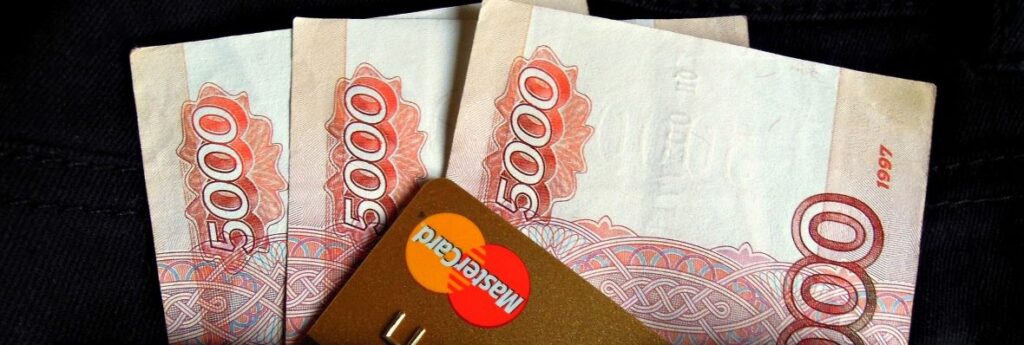New research from Mastercard suggests there are promising signs in consumer spending globally, including travel. Among the G20 nations, Canada ranked eighth in travel and entertainment spend in July compared to the year before.
The analysis of sales activity across the technology company’s network, including in-person and online transactions, showed that Italy led the G20 countries group in terms of the recovery of travel and entertainment spending (including airlines and lodging as well as activities such as eating out) with about 75% of spending relative to 2019 and well ahead of Canada at 45%.
The remainder of the top 10 were Russia, France, Australia, Germany, the US, Brazil, South Africa and Argentina. The UK was 12th.
Despite being a focus of the pandemic earlier this year, Italy’s significant restaurant culture and extensive domestic tourism industry helped it to bounce back faster than other markets, says the report.
The second Mastercard Recovery Insights report also identified various consumer travel trends emerging during the COVID-19 pandemic. They include:
Localism takes off: In Q2 2020, auto rental’s share of total transportation spending nearly doubled from 9% in 2019 to 17% as consumers prioritized local means of transport. This tendency to travel closer to home has also driven the trajectory of rentals of micro-mobility solutions (e.g., scooters, bicycles) in countries like the US, where they surpassed 2019 levels at the end of July. The rebound of gas spending this summer also speaks to consumers getting out and spending but maintaining a tighter footprint.
Boutique is chic: Travellers are increasingly opting to stay small. Recently, the global recovery rate of small independent hotels has outpaced the recovery of large hotels by over 50%.
Consumer travel leads the recovery: An analysis of consumer cards compared to business cards shows that spending on consumer air travel and auto rentals is returning ahead of commercial travel.
Some Canadian-specific insights include:
Virtual reality: Virtual Reality tourism has seen a rise as Canadians take to experiencing local and international landmarks from the safety of their own homes. It has even greater potential throughout the colder months.
Loyalty programs: As less people are leaving their social and physical bubbles, loyalty programs have flexed from offering travel rewards and activity booking to allowing people to cash in these points for grocery delivery or donating their points to essential workers.
Localism: Consumers have maintained a tighter footprint, opting for day trips or camping within a few hours of their homes. Canadians were one of the highest purchasers of gas compared to the other G20 countries.
Data driven: Research is a key component to planning day trips and other travel, so using data and AI to customize the customer journey encourages repeat spending. For example, Mastercard recently applied data-driven insights to an airline’s promotional strategy to identify a potential 30% increase in booking on select routes.
“There’s no doubt that people love to travel. What we’re seeing, though, is that how they’re travelling has adapted during this time. Gas spending, restaurant spending, bike rental spending — all are improving, showing that the rebound is happening, but is focused on local travel and local spending,” summarizes Mastercard senior advisor Steve Sadove.

